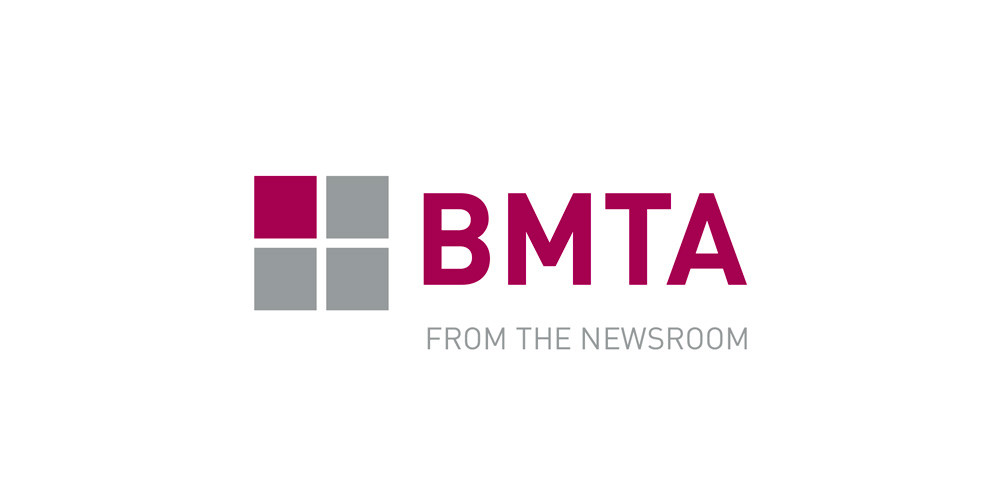
Since the triggering of Article 50 on March 29, 2017, UKAS has been working to ensure that those within Government dealing with Brexit are aware of the importance of accreditation to the national economy, and also to trade with the EU and internationally. Regular meetings have been – and continue to be – held with Ministers and officials in the Department for Business, Energy and Industrial Strategy (BEIS) and the Department for International Trade (DIT).
The perspective for accredited Conformity Assessment Bodies (CABs)
In December 2020 the EU and the UK reached an agreement in principle on the EU-UK Trade and Cooperation Agreement (TCA). This Agreement includes a Technical Barriers to Trade (TBT) Chapter which addresses regulatory barriers to trade between the UK and EU, while allowing both Parties the freedom to regulate goods in a way that is most appropriate for their own market. This Chapter builds on the WTO TBT agreement and includes provisions on technical regulation, conformity assessment, standardisation, accreditation, market surveillance and marking and labelling.
In specific reference to the TCA, and in particular the Technical Barriers to Trade (TBT) Chapter, Article 6 – relevance to accreditation and conformity assessment – Paragraph 3. This paragraph reconfirms the importance of accreditation in demonstrating the technical competence of CABs (e.g. laboratories, inspection bodies and certification bodies) when provided by a non-commercial accreditation body with authority derived from government.
To that end, the UK Government has confirmed that UKAS remains the United Kingdom’s “domestic accreditation body” defined as “the sole body in a State that performs accreditation with authority derived from the State”, as laid down in The Accreditation Regulations 2009 (S.I. 2009/3155).
With respect to relevant functioning international agreements or arrangements, UKAS remains a full signatory to the mutual recognition agreements (MRAs) and Multi Lateral Agreements (MLAs) operated by the European cooperation for Accreditation (EA), International Laboratory Accreditation Cooperation (ILAC) and International Accreditation Forum (IAF). This means that activities performed under UKAS accreditation can be accepted within the EU and globally as technically equivalent to activities accredited by other signatories to the MLAs.
Whilst UKAS accreditation for conformity assessment activities that are not linked to EU Regulation or to EU schemes continue to be valid and recognised internationally, UKAS recognises that where European legislation requires accreditation to be delivered by a national accreditation body, in accordance with Regulation (EC) No. 765/2008, the European Commission will no longer accept UKAS accreditation. Therefore, UK-based bodies formally appointed as EU Notified Bodies for the purposes of CE marking will no longer be able to provide valid certificates/reports for this purpose. Confirmation of the ability of UK and EU CABs to subcontract work to CABs in other territories is important and ensures that UKAS accredited bodies can continue to support Notified Bodies and other conformity assessment bodies operating within the EU. This will be underpinned by the EA, ILAC & IAF MLAs.
It is noteworthy that the change in status of recognition of UKAS accreditation is specifically related to work conducted under Regulation (EC) No. 765/2008, it does not relate to activities outside of the regulatory framework. To underline this point UKAS has, for example, received confirmation from DG Environment within the European Commission that our ongoing recognition by EA will be sufficient to ensure the accreditation of ETV Verification Bodies and therefore their activity in the EU Environmental Technology Verification scheme.
In relation to Notified Bodies, the Department for Business, Energy & Industrial Strategy (BEIS) has developed a UK Market Conformity Assessment Bodies (UKMCAB) database which replaces the European Commission’s NANDO database for UK Approved and Notified Bodies. This covers the organisations that have been approved to use the UKCA (UK Conformity Assessed) mark which is a new UK product marking that is used for goods being placed on the market in Great Britain (England, Wales and Scotland) and covers most goods which previously required CE marking.
Due to the publication of the TCA so close to the transition deadline, the interpretation of some of its clauses are still being discussed and agreed by relevant stakeholders. UKAS is continuing to hold discussions with the UK government and European partners to fully understand the requirements within the TCA and how these are to be implemented, with further communications to be issued by UKAS as this additional information becomes available.
The perspective for UKAS as the UK National Accreditation Body (NAB)
National status:
Throughout the complex negotiations that have taken place since Article 50 was triggered, UK Government has continually supported UKAS as its appointed sole National Accreditation Body following full exit from the EU.
UKAS was formally appointed as the United Kingdom’s National Accreditation Body through the Accreditation Regulations 2009 (SI No 3155/2009). This appointment will continue to be the case going forwards, with revision of the SI in order to reflect UK rather than EU legislation.
International status:
UKAS will remain a member of the European Cooperation for Accreditation (EA) going forwards and, importantly, a full signatory to the EA Multilateral Agreement (MLA). Under this MLA, UKAS accreditation is recognised by other EA MLA signatories as technically equivalent to their own, meaning that reports and certificates issued under UKAS accreditation are still recognised across Europe.
The EA has confirmed that UKAS can continue as a full member until 31 January 2022; EA has also agreed to give further consideration to changes to the membership criteria to ensure that UKAS can continue as a member body beyond this date.
Globally, UKAS will retain full membership of the International Accreditation Forum (IAF) and International Laboratory Accreditation Cooperation (ILAC) and signatory status to their International MRAs and MLAs, which means that all UKAS accredited certificates and reports (with the exception of those related to EU Regulations/Directives and Schemes) shall continue to be recognised not only within Europe but around the world.
